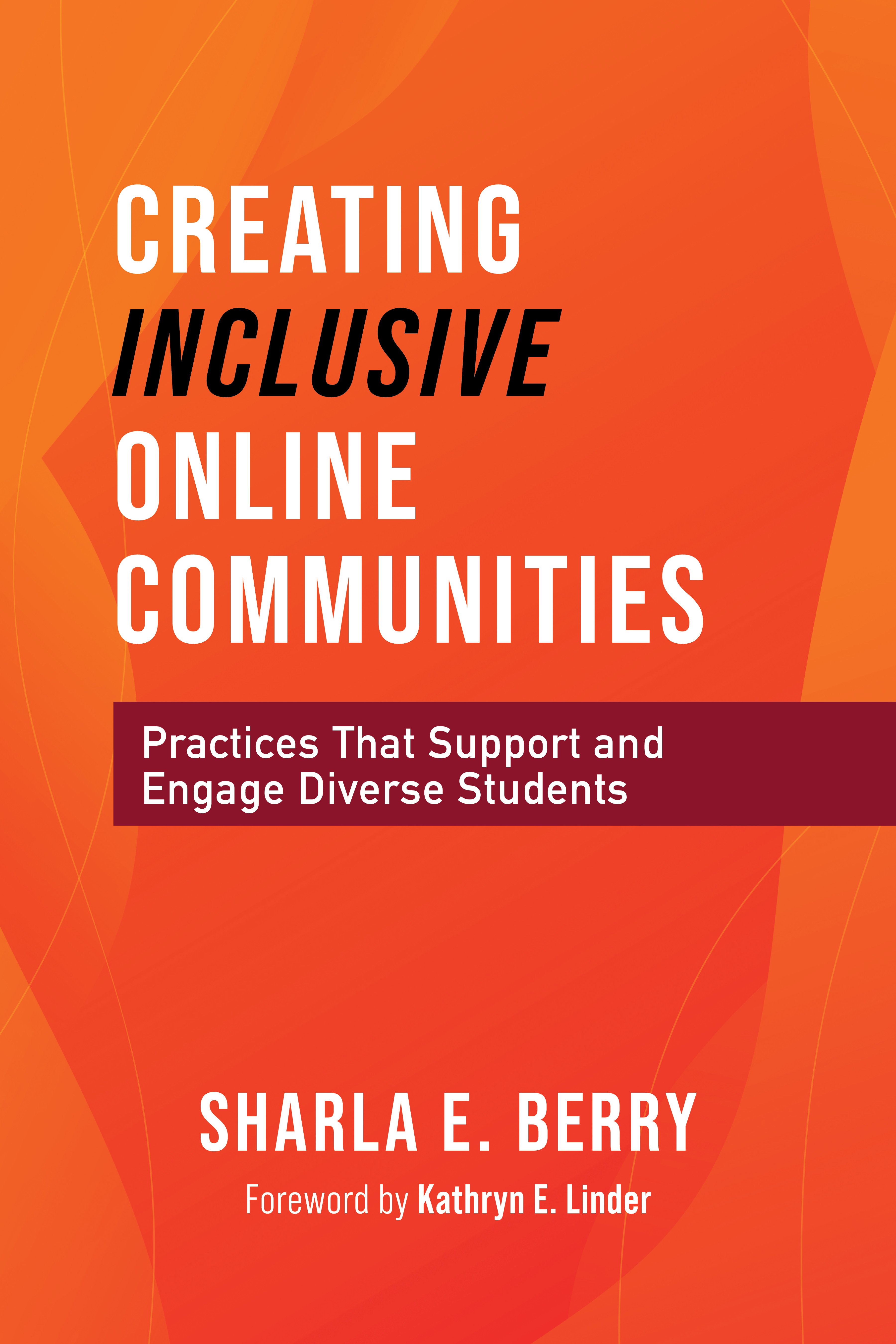Before the Covid-19 pandemic, online and distance education enrolled over 19 million students in the US. As colleges and universities return to in-person instruction, the number of online courses and programs is poised to grow exponentially. At the same time, institutions of higher education are increasingly more diverse–racially, ethnically, and socioeconomically–with present and future students having a range of intersectional needs related to their cultural backgrounds, gendered experiences, and abilities. Sharla Berry offers faculty practical strategies for building asynchronous, synchronous, and blended online courses and programs that are inclusive and engaging for diverse learners. Recognizing that community is a complex, contextual and constantly shifting concept, Sharla Berry opens this book by addressing how to develop an inclusive approach to online teaching that takes into account the experiences and needs of historically marginalized and underrepresented students. Covering the affordances and limitations of synchronous and asynchronous teaching, as well as hybrid and fully online instruction, she outlines different approaches to course design, and identifies how to use the myriad functions of learning management systems-from collaborative tools to administering tests-to engage students and assess their involvement and progress. While primarily designed to provide faculty with practical and actionable ideas and strategies, this book will also prove useful to those that support faculty in cultivating teaching excellence. Administrators, instructional designers, faculty developers and support staff will gain insight into how to support faculty in developing robust and inclusive online courses. This book is a thoughtful and practical resource for anyone involved in the teaching and design of online courses and programs that meet the needs of an increasingly diverse student body in an evolving and multifaceted online environment.












